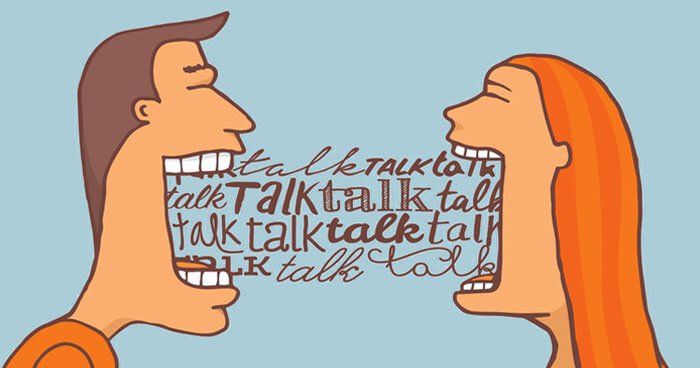You could (probably should) choke an entire farm of horses somewhere in Spain with all the bullshit out there about change, change management, changing your life, etc. It’s usually complete garbage whereby some guy — a supposed “thought leader” — mumbles incoherently for a while about “finding your purpose” and “pointing your business values True North.”
This is all complete horseshit with a side of fries. Businesses exist to create/drive value for stakeholders. They don’t exist to “find purpose.” That would be really nice if more thought that way, but when some bell-ringing mouthbreather is demanding 20% growth of you, you’re not thinking about purpose.
Also: most work is about execution. It’s about checking boxes and hitting targets. Thinking is largely dead. A lot is just task work that ultimately leads to burnout. We all know this drill. Not all jobs are like this, no, but I’d argue what I’m describing is largely normative.
When you mostly work on checking boxes and following process, that’s all change management or change efforts become. It’s something to manage on a spreadsheet. “Have we emailed the marketing team about the resources we’ll need?” (Pause.) “Yes, we have. That’s checked off.”
The thing is, change doesn’t come from updating Google Docs. It just doesn’t.
Change actually comes from self-awareness and conversation/community/context, but businesses can’t track those things on a document that some project manager can update. That terrifies them, so they attempt to turn change into a series of processes.
In reality, there is one — JUST ONE!!! — process you need to follow to get change moving, and that would be this:
Over-communicate like a boss.
IBM had to change, right?
For sure. Google and Amazon were eating their lunch.
Well, here’s the biggest lesson of their effort to change:
“You can never overcommunicate,” Brink says. “Being consistent and repetitive in your expectations and messages is critical.”
Now IBM is doing better. Amazon will still maul them like a bear. But they’re doing better. And they realized they needed to over-communicate to get there.
Why do you need to over-communicate?
Most people are morons. I probably could end this section here, but let me elaborate a second. I believe deeply in humanity (well, sometimes), but most people exist at this intersection:
- Don’t listen super well
- Also can’t communicate very well
- Limited attention span
- Think they’re very good at all three things I just mentioned
In such a world, you need to over-communicate — not just communicate.
What do we do instead?
Partial list:
- Buy software and hide behind it to avoid face-to-face conversations
- Mumble incoherently
- Pass the buck to someone else
- Hand people projects without any semblance of context
- Make assumptions that everyone has the same information we do
- Pat ourselves on the back for updating some tracking document when in fact we just muddied the waters even more
- Listen to Chance the Rapper and surf Facebook while communicating nothing (this describes me at 2 jobs)
Is this just at work or personal too?
Largely work, but the reason relationships get fucked is usually around communication too.
The thing with personal change, to me at least, is that it’s actually not that hard — we make it hard by adding all these other tiers and dimensions to it, and a lot of that involves unclear communication.
Let me give you an example.
Confirmation bias is extremely powerful in the world, and especially right now.
If you want someone to believe something else/different about you, you need to repeatedly show them a different action — but you also need to over-communicate with your words.
“I should be on this team.”
“We should date.”
“I’d be a great member of this team.”
“You are going to enjoy having sex with me.”
This is a bit of a joke, sure — but the point is, no one just accepts something on the first shot. There are no real “love at first sight” or “executive at first interview” stories. We all need to be convinced. That’s all about over-communication.
How do we “over-communicate,” then?
- Realize it’s important
- Care
- Stop hiding
- Make a list of the three biggest points you need to convey to someone about a topic
- Write them down
- Practice saying them as you run/walk around/sit at your desk/drive home
- Rehearse like 5-10 times
- See what else pops into your head
- Redo your notes
- Now go talk to the person
Can you do this for everything you ever have to communicate?
No.
But you can use this as a process until you get better at communication.
The problem is this: so many people just rush headlong into “I NEED THIS TASK COMPLETED!” or “I WANT THIS PERSON TO KNOW I HAVE BEEN OFFENDED” and as a result, they communicate this completely pointless, off-context, bullshit-y message that doesn’t have the intended result.
If you want anything to change, you need contextual over-communication. It’s that simple.
Now get out there and start doing it.

Unfortunately Ted is correct. People don’t communicate well and the only way around it is to prepare a message and then, like politicians, repeat it endlessly until it gets a life of its own. Catchy short ideas work better than logic. Sad but true.